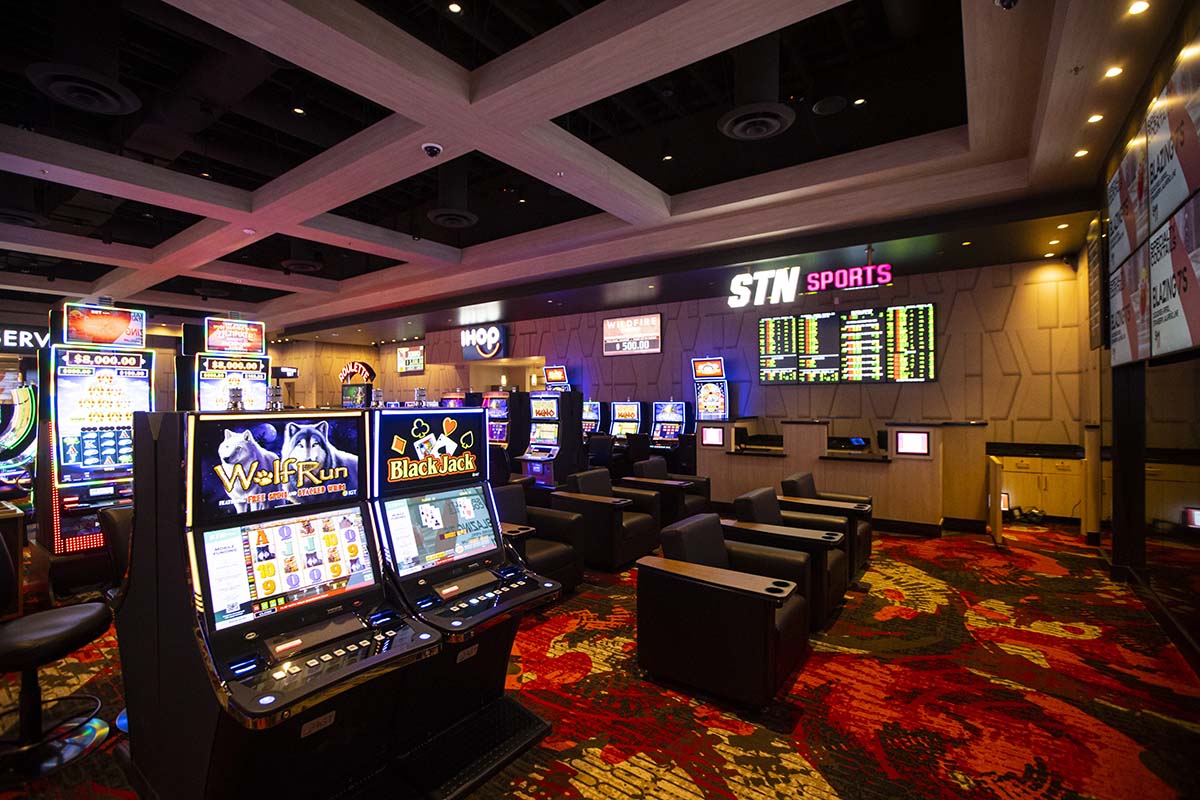
In the dynamic world of gambling, gambling house activities have long seized the interest of gamblers around the planet. These activities, ranging from timeless table options like Texas Hold’em to the spinning reels of fruit machines, offer an intriguing combination of luck and tactics. While luck undeniably plays a significant role in influencing outcomes, the significance of skill in many casino options cannot be neglected. Ga179 Grasping how knowledge influences the game can improve not only a player’s engagement but also their odds of achievement.
As we explore further the mechanics of gambling games, it becomes apparent that some demand a strong foundation of understanding and planning. Activities like poker require more than just chance; they demand analytical thinking, emotional insight, and calculated decision-making. In contrast, other activities, such as roulette and fruit machines, are primarily driven by luck, allowing participants to rely exclusively on luck. This distinction raises intriguing questions about what genuinely drives victory in the domain of casinos and how a participant’s abilities can tilt the balance in their advantage.
Understanding Skill versus Chance in Gambling Activities
In the sphere of casino games, the debate between skill and luck is a long-standing one. Several games are often divided into two categories: those that depend predominantly on chance, such as slots and roulette, and those where skill plays a significant role, like the game of poker and 21. The distinction is crucial because it affects not only gameplay strategies but also the approach players adopt when participating with these games. Although luck can play a decisive role in the short term, skilled players can boost their odds of winning over the long run in skill-based games.
Skill-based games, particularly poker, demand players to understand odds, human behavior, and game theory. A seasoned poker player can analyze rivals, make strategic bets, and understand when to fold, all of which can lead to more favorable outcomes. On the other hand, in games that are purely based on chance, no amount of skill can alter the odds. This means that while a player may win big in one session, their success may often be at the mercy to the vagaries of chance results rather than any strategic expertise.
In the end, both skill and luck exist together in the world of casino games, creating a vibrant environment for players. While games of chance can provide excitement and instant gratification, mastery and strategy in skill-based games offer a richer level of engagement for those willing to dedicate time in honing their craft. This interaction between skill and luck defines the experiences of players and shapes their relationship with the games they select to play.
The Impact of Expertise on Game Outcomes
In the world of casino games, proficiency plays a key role in determining the results, especially in games where strategy and decision-making are paramount. For example, in the game of poker, competitors must analyze rivals, calculate probabilities, and make calculated bets to enhance their chances of succeeding. Unlike games that depend purely on luck, such as slot machines or roulette, this game demands an understanding of both the rules and the behavior of other players, making skill a critical component of success.
Other skill-based activities, like the game of blackjack, also highlight the significance of player expertise. Understanding of basic tactics, card counting, and when to hit or stand can dramatically influence the house edge. A proficient blackjack player can reduce this edge and boost their odds of winning significantly. This contrasts sharply with games that do not allow for such strategic play, showcasing how the level of expertise influences the potential for favorable results.
Additionally, even within games deemed primarily chance-driven, like the game of craps, the choices made by gamblers can influence their overall success. Choosing the optimal bets, understanding the likelihoods of different outcomes, and managing one’s bankroll are essential aspects that can enhance a player’s experience and results. Thus, while luck remains a factor in gambling, ability can significantly affect how efficiently players navigate these settings, leading to more favorable results.
Tactics for Expert Play in Gaming Establishments
To thrive in gambling games, players must develop a strong comprehension of the regulations and odds involved in each game. This basic knowledge enables individuals to make educated decisions, especially in skillful games like poker and 21. Familiarizing oneself with game strategies, such as card counting in 21 or identifying wagering trends in poker, can significantly enhance a player’s odds of winning. Practicing these strategies through mock games or low-risk games allows players to refine their skills without risking substantial amounts of cash at risk.
One more key strategy is money management. Players should set a spending limit before going into the gaming establishment and stick to it strictly. This involves deciding how much they are prepared to lose and setting limits on how much they will wager in every gaming session. By keeping a regulated approach to spending, players can maintain their play and reduce the chance of major losses. Additionally, taking breaks can help maintain a clear head and prevent impulsive decisions that often lead to poor play.
In conclusion, managing emotions is essential in the high-stakes environment of a casino. Players must be adept at controlling their emotions, particularly during periods of winning or defeats streaks. Staying attentive and not allowing emotions dictate gameplay can lead to more rational decisions. Techniques such as deep breathing or walking away from the table during heated moments can help keep calmness. By cultivating a steady mindset, players can approach gambling games with assurance and expertise, ultimately improving their overall gaming experience and outcomes.